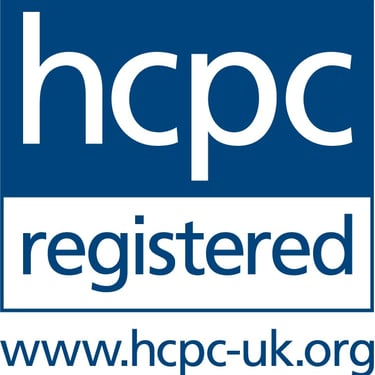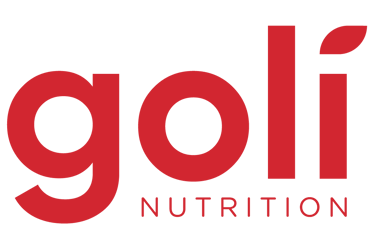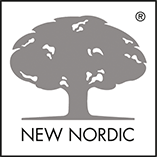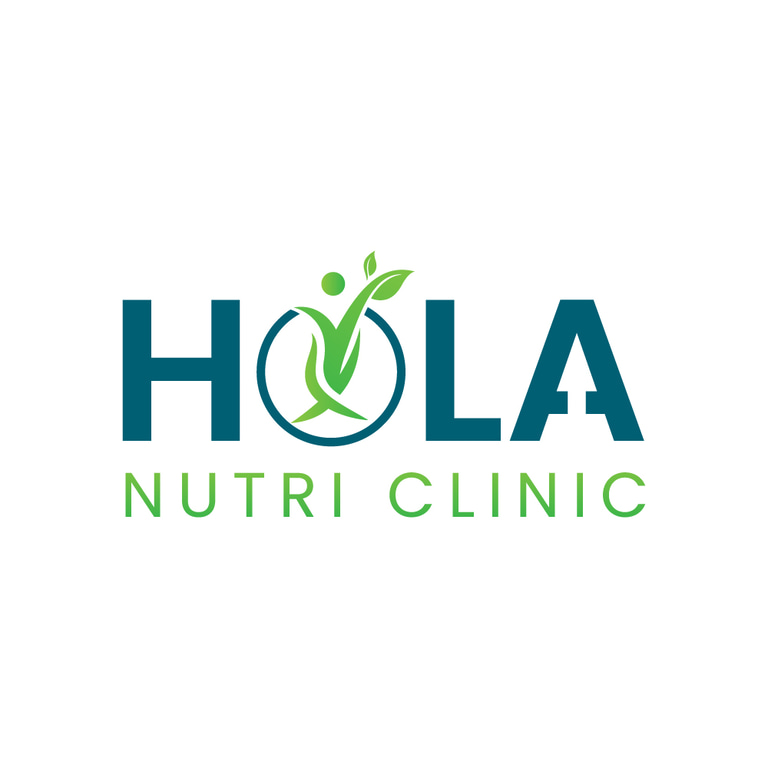The Importance of Good Nutrition in Postpartum Weight Loss Programs
2/2/20252 min read


Understanding Postpartum Weight Loss
Postpartum weight loss is a journey that many new mothers embark upon following childbirth. The desire to regain pre-pregnancy body shape often brings about countless thoughts and concerns. However, it is essential to understand that postpartum weight loss should not solely focus on numbers on the scale; rather, it encompasses overall health and well-being during a time of significant physical and emotional changes.
The Significance of Good Nutrition
During the postpartum period, new mothers require a balanced and nutritious diet to support their healing and energy levels. It is crucial to prioritize nutrient-dense foods that provide the necessary vitamins and minerals. A well-rounded diet helps in replenishing the body after childbirth, sustaining breast milk production for nursing mothers, and promoting recovery from any physical stress experienced during labor.
Furthermore, integrating a good nutrition plan within a postpartum weight loss programme fosters long-term health benefits without resorting to restrictive diets. Restrictive eating can lead to nutrient deficiencies and might provoke feelings of deprivation, which can ultimately jeopardize a mother's mood and overall wellness. Instead, embracing a well-balanced approach supports sustainable weight loss while ensuring the body receives vital nourishment.
Adopting a Sustainable Approach
When considering weight loss goals, it is beneficial to adopt a sustainable approach that aligns with one’s lifestyle and nutritional needs. Rather than following extreme diets that promise quick results, focus should shift towards incorporating wholesome foods that enhance both physical and mental health.
Incorporating healthy fats, lean proteins, whole grains, and a variety of fruits and vegetables contributes considerably to energy levels, satiety, and nutrient intake. Mothers can benefit immensely from meal planning and preparation, which simplifies the process of making healthy choices amidst the demands of motherhood.
Moreover, engaging in regular physical activity can complement good nutrition and is vital for maintaining a healthy weight postpartum. Gentle exercises, like walking or postpartum fitness classes, can aid in easing back into movement while helping to elevate mood and reduce stress.
Conclusion
In conclusion, a postpartum weight loss programme, when centered on good nutrition and wellness rather than restrictive diets, can significantly enhance a mother’s physical and emotional health. Understanding the importance of balanced meals, promoting nutritious foods, and embracing a sustainable approach to weight loss fosters not only a healthier body but also a more fulfilling motherhood experience. Empowering new mothers with knowledge about nutrition ultimately aids their journey towards recovery and well-being.





🤝 Our Trusted Partners




Registration

Brands we collaborate with to bring better health to Women.
